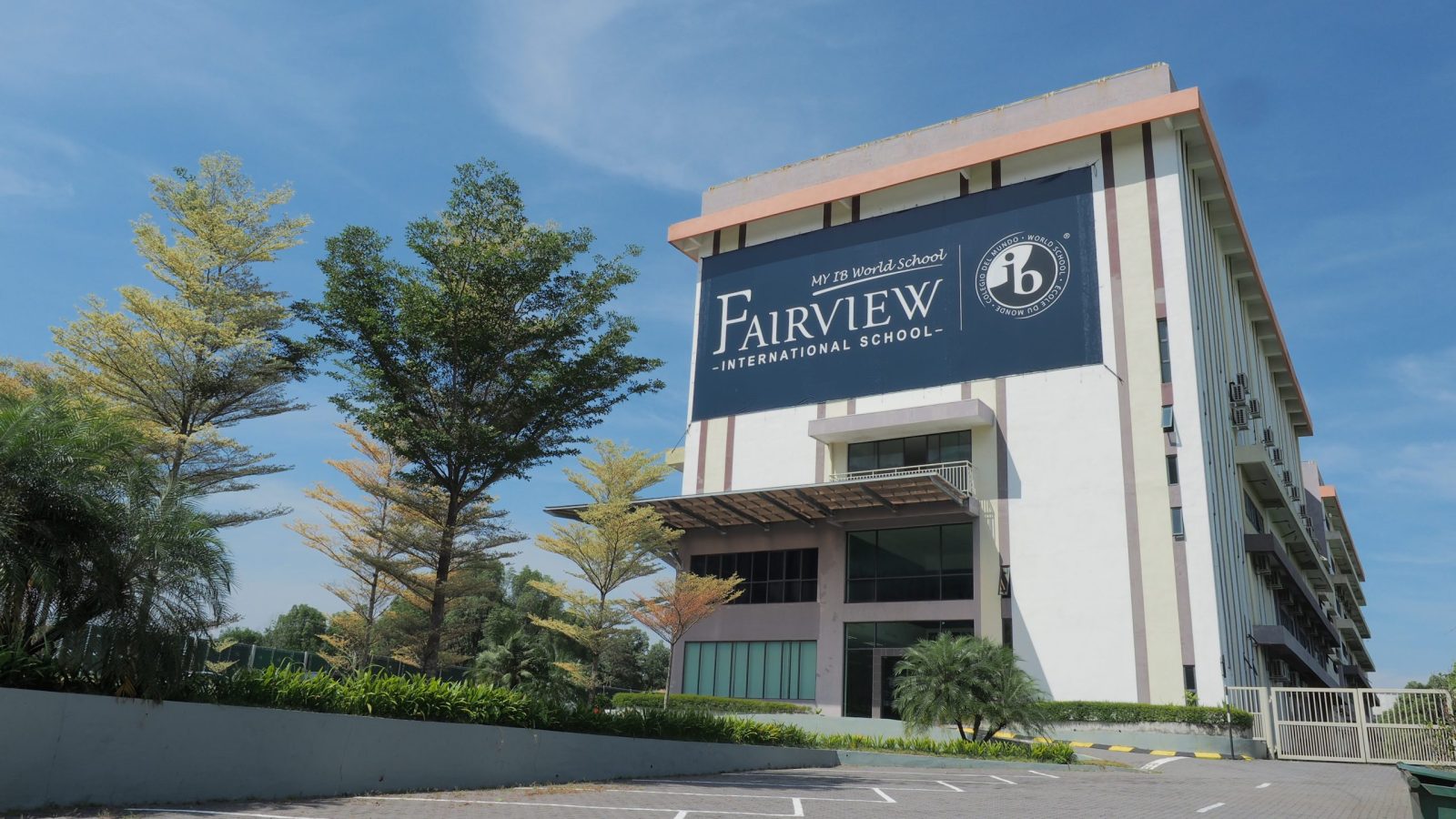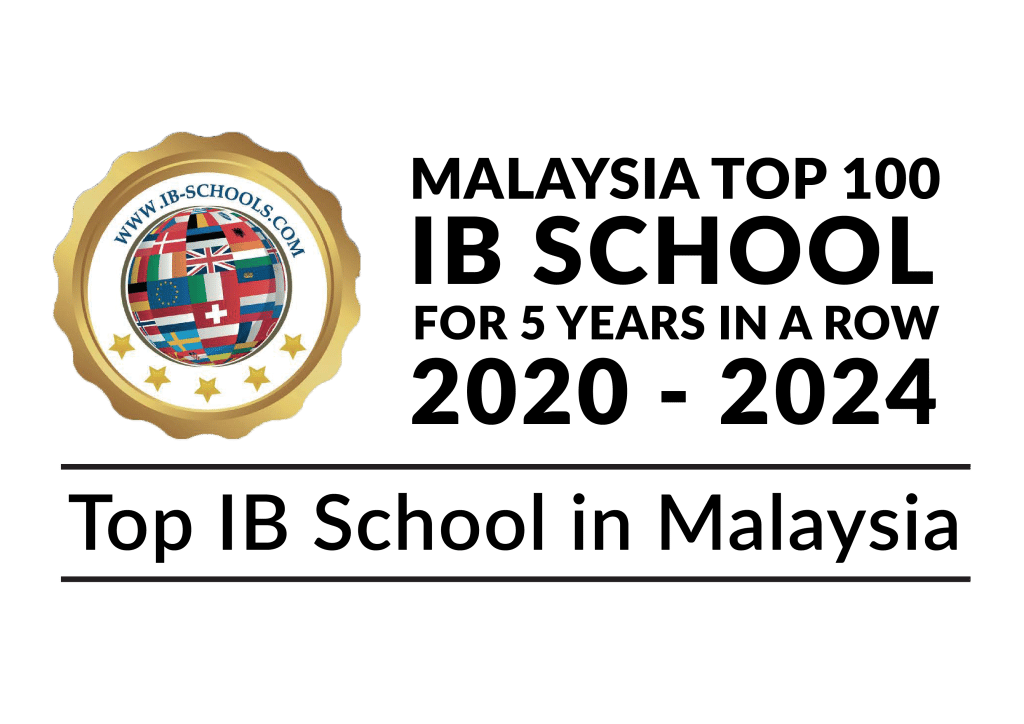The rapid expansion of international schools in Asia over the past decade is nothing short of remarkable. With a burgeoning middle class and an increasing desire for globalized education, Asia has become a hotspot for international schooling. However, this growth has brought with it a host of challenges, primarily due to the influx of operators who may not be the right fit for the education sector.
While the opportunity to invest in education is appealing, especially given the potential financial returns, not everyone entering this space does so with the right intentions or expertise. Property developers see schools as a means to elevate the value of their real estate projects. Family businesses might venture into education, perceiving it as a noble endeavor without fully understanding the complexities involved. Private equity firms are attracted by the booming market, eyeing profits over pedagogy.
These operators often make critical mistakes that can compromise the quality of education and the school’s long-term viability. Common issues include underestimating the importance of educational expertise, neglecting to invest in qualified educators, and prioritizing short-term financial gains over student outcomes. Such missteps can lead to high staff turnover, inadequate facilities, and a failure to meet accreditation standards.
For instance, many new international schools struggle with staff retention due to poor working conditions and a lack of professional development opportunities. Without experienced leadership, these schools may also overlook the importance of building a strong curriculum and fostering a supportive school culture. This not only affects the students’ learning experience but also the school’s reputation and sustainability.
As someone deeply involved in the education sector, I recognize these challenges all too well. At Fairview International PLC(LSE), we have spent years honing our approach to managing and operating successful international schools. We understand that education is not just a business—it’s a commitment to shaping the future.
That’s why we’re offering our expertise to property developers, family businesses, and investment firms who wish to benefit from the international school market without getting entangled in the complexities of day-to-day operations. Much like how hotel chains such as Hilton manage properties they don’t own, we provide comprehensive management services that ensure the school runs smoothly, maintains high educational standards, and delivers value to all stakeholders.
As the Best IB school in Malaysia and a Top 100 IB school in the world for the last 4 consecutive years, our proven track record speaks for itself. By focusing on educational excellence and operational efficiency, we’ve helped schools achieve accreditation, improve staff retention, and enhance student outcomes. We believe that with the right partnership, it’s possible to align business objectives with the noble goal of providing quality education.
In conclusion, the international school boom in Asia presents both opportunities and challenges. Those looking to enter this market must do so with a clear understanding of the responsibilities involved. By collaborating with experienced operators like Fairview, investors can ensure that their schools are not only financially successful but also places where students thrive.
Works Cited
- ISC Research. “The Growth of International Schools in Asia.” ISC Research, 2021, www.iscresearch.com.
- ICEF Monitor. “International School Expansion in Asia: Opportunities and Challenges.” ICEF Monitor, 2019, www.icefmonitor.com.
- Council of International Schools. “Staff Retention and Recruitment in International Schools.” CIS, 2022, www.cois.org.
- Education International. “Challenges Facing International Schools in Asia.” Education International, 2022, www.ei-ie.org.



















